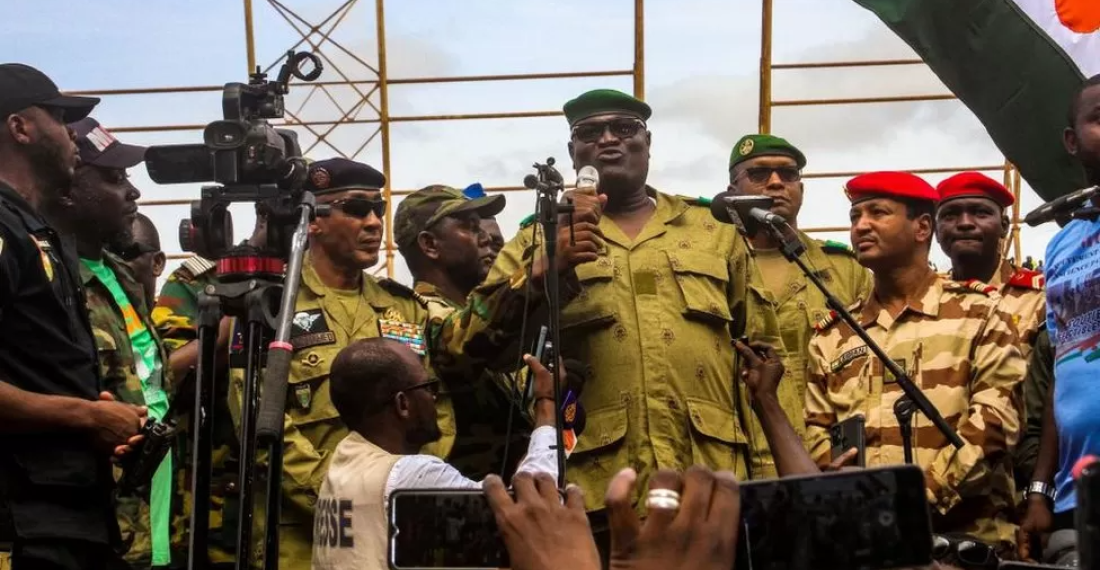Senior United States official, the Acting Deputy Secretary of State Victoria Nuland, has held talks with the military leaders of Niger following a coup last month.
Speaking to reporters from capital Niamey, Nuland said that, in talks lasting more than two hours, the U.S. had offered its help "if there is a desire on the part of the people who are responsible for this to return to the constitutional order". The U.S. was not "in any way taken up on that offer", she said.
Nuland said she had met the new military chief of staff, Brigadier General Moussa Salaou Barmou, but not with Niger's self-proclaimed new leader, General Abdourahamane Tchiani, or with the ousted President Mohamed Bazoum.
Nuland described the talks as "extremely frank and at times quite difficult". Washington has said the coup can still be ended diplomatically and President Mohamed Bazoum reinstated, but has suspended aid payments in the meantime.
ECOWAS deadline expires, airspace over Niger closed
Meanwhile, an ultimatum given by the regional trade grouping of West African states ECOWAS to stand down and restore the elected president or risk military action lapsed at midnight on Monday (7 August).
The coup leaders responded to a threat of military action from the bloc by closing Niger's airspace, forcing several flights between Europe and southern Africa to change course mid-flight or divert.
The coup leaders seem to be showing no sign of willingness to cede power, and on Sunday (6 August) thousands of their supporters rallied at a stadium in the capital Niamey.







